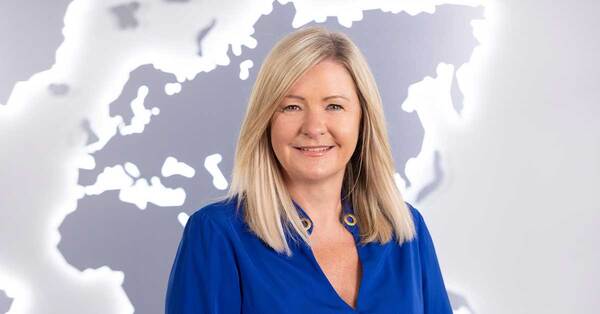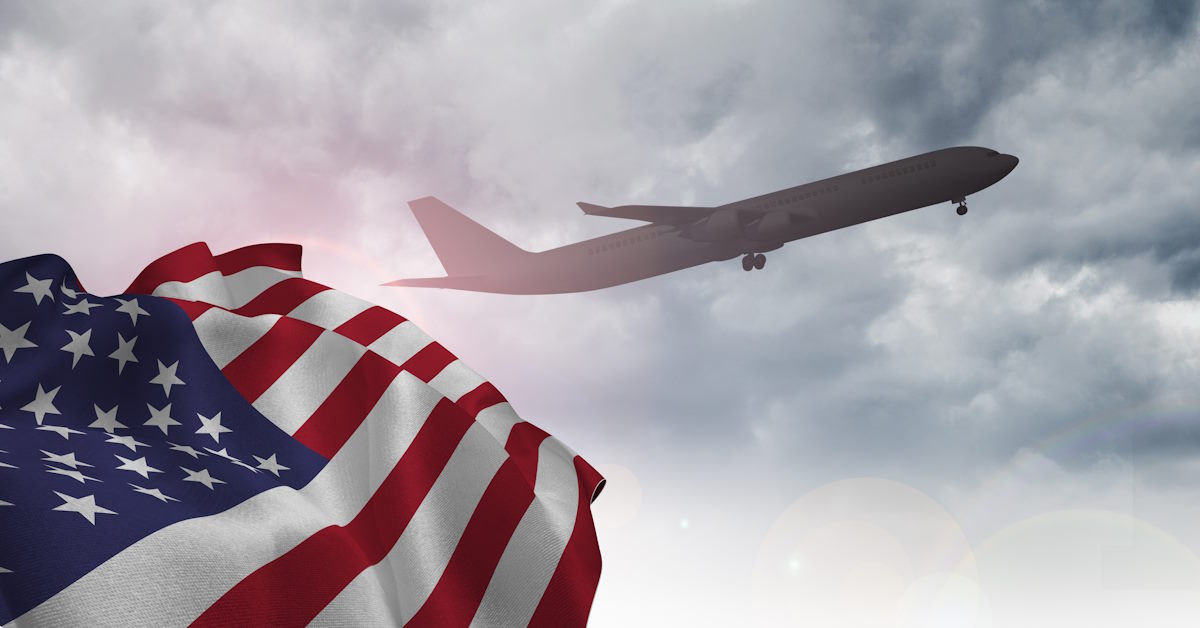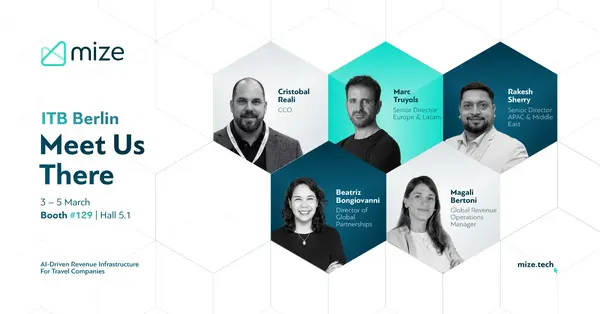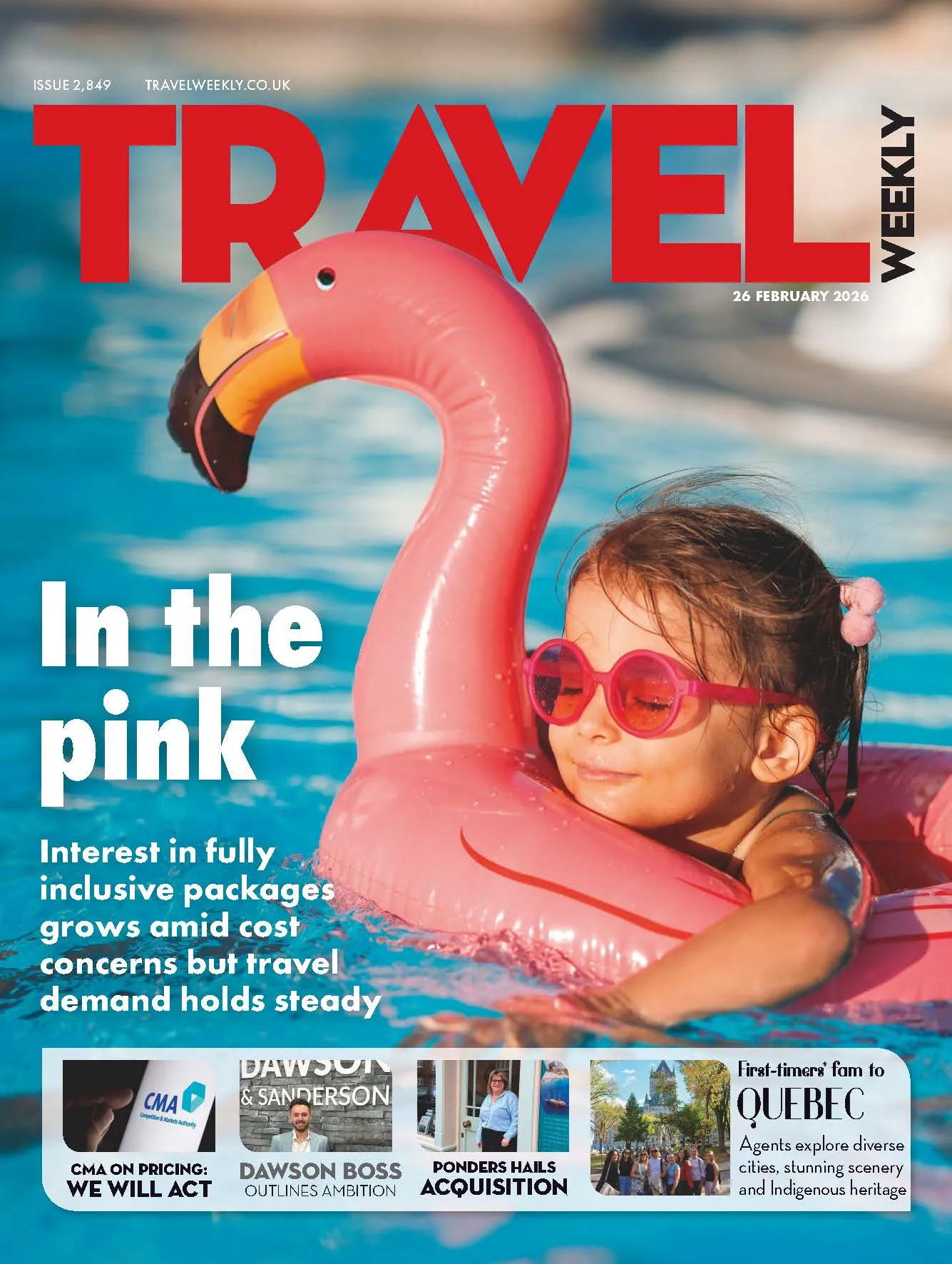You are viewing 1 of your 2 free articles
Comment: AI within insurance will continue to drive innovation in UK travel
Integration of the technology will lead to a more seamless and convenient experience for consumers when reviewing and purchasing a policy, says Angus McDonald of Cover Genius
The UK travel insurance landscape is undergoing a seismic shift propelled by the rapid advancement and integration of Artificial Intelligence (AI). What began as a futuristic concept is now a tangible reality.
As we navigate 2025, it’s clear that AI is no longer a peripheral technology used by distant companies with obscure applications away from the general public. Instead, it has proven to be a core driver of innovation and efficiency in the travel sector and is directly reshaping how insurers, airlines and OTAs operate, interact with customers, and ultimately, deliver protection.
A personalised experience
One of the most significant impacts of AI lies in its ability to personalise the customer experience, across industries. In the travel industry, globetrotters of today expect tailored products and services that cater to their unique needs and preferences, such as customised itineraries, personalisation and product recommendations, personalised risk assessments, AI-powered chatbots, as well as language and cultural assistance.
AI algorithms can analyse vast amounts of data – from travel history and destination-specific risks to individual preferences – to create personalised experiences, and help support the creation of personalized protection options. This hyper-personalisation is not viewed as a simple value-added service; it’s now an expectation.
The ‘one-size-fits-all’ approach that many carriers offer through traditional insurers and underwriters is quickly becoming obsolete, if not already. An embedded protection partner, like Cover Genius, can help build bespoke solutions that cater to today’s traveller to fill insurance gaps that are otherwise inaccessible or too expansive for airlines on their own.
Their customers benefit from removing an insurance barrier in having to seek out travel coverage on their own or having coverage tailored for their trip, hotel and/or experience. Airlines, hotels and OTAs are viewed positively as they offer consumers coverage that matches their trip details, activities, and risk.
Streamlining claims processing
Beyond personalisation, AI is revolutionising travel claims processing. Traditionally a cumbersome and time-consuming process, claims can now be handled with unprecedented speed and accuracy. AI-powered systems can help automate simple claims adjudication, reduce processing times and improve accuracy. It can also help detect trends or fraudulent claims more quickly.
While human oversight remains crucial for complex travel claims, AI is streamlining the process, leading the way to quicker payouts on approved claims and greater customer satisfaction. AI capabilities will be at the core of assessing claims, providing accurate solutions, and near-instantaneous settlement at a time that travellers need it most.
AI through Insurtech partnerships is enabling airlines and OTAs an opportunity to offer their customers proactive and responsive protection. Real-time data analysis allows for policies that automatically respond to events like travel delays or bad weather.
Parametric insurance, which pays out based on predefined triggers rather than assessed losses, is becoming increasingly mainstream. The global parametric insurance market is forecasted to grow significantly, with a projected size of USD 18.44 billion by 2025 and a CAGR of 11.7% from 2025 to 2037. While this is a global figure, it indicates the overall growth trend that likely includes the UK market.
AI algorithms can detect disruptions and initiate claims automatically, providing immediate assistance to travellers in need.
A measured approach
The integration of AI also has its challenges. As a result, regulatory compliance and ethical considerations are paramount for airlines and OTAs to consider. The UK’s Financial Conduct Authority (FCA) is likely to introduce more stringent guidelines on the use of AI in the insurance industry, focusing on transparency, fairness, and the mitigation of algorithmic bias.
Insurers must strike a delicate balance between leveraging AI’s capabilities and ensuring their practices remain ethical and compliant, with customers at the forefront.
As such, airlines need to consider partners that understand the need for explainable AI. Consumers and regulators alike will demand greater transparency in how AI-driven decisions are made, especially in areas like travel claims denials or premium calculations.
Cross-industry collaboration combining technology with human guidance
Looking ahead, AI within insurance will continue to drive innovation in UK travel. Airlines can benefit from greater integration of non-sales capabilities, such as embedded claims processing and automated underwriting, into existing and future propositions.
This integration, driven by AI, automation and predictive analytics, will lead to a more seamless and convenient experience for travellers when it comes time to review and purchase a policy, and submit and receive compensation for a claim.
The future of travel protection is not just about technology; it’s about building trust and providing peace of mind in an increasingly uncertain world. Speed, accuracy and responsiveness from an airline’s protection provider can help create an increased sense of trust amongst travellers, and the personalisation of those options help make them feel seen.
While AI is a powerful tool, it’s still our responsibility to use it wisely and ethically to protect travellers in the UK and around the world to enhance their travel experiences.

















